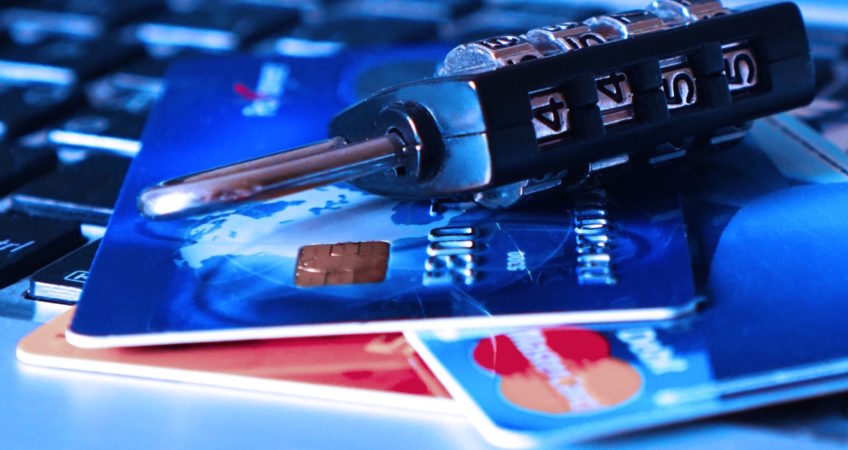
Equifax Cybersecurity Incident
On September 7, Equifax – one of the three largest American credit agencies – announced a cybersecurity incident potentially impacting consumer information, including Social Security numbers, birth dates, addresses, etc., leaving them vulnerable to identity theft.
I want to make sure you’re aware of available resources to ensure the protection of your personal and financial information. Please follow the steps below to determine if you or anyone in your household was impacted by this incident:
- Go to https://www.equifaxsecurity2017.com
- Click on the “Potential Impact” link, and you will be asked to provide your last name and the last six digits of your Social Security number.
- Based on that information, you will receive a message indicating whether your personal information may have been impacted by this incident.
- If your information has been compromised, Equifax is offering free identity theft protection and credit file monitoring to all U.S. consumers. The deadline to request your complimentary one-year monitoring is November 21, 2017. Learn more, here.
While Raymond James and other financial firms employ the most up-to-date safeguards to protect client account numbers and other important personal information, you play a vital role in keeping your information secure. There are many ways for you to help keep your information secure.
- Protect passwords, PINs and answers to any security questions by not sharing them with anyone you don’t want to have access to your accounts. Avoid easily guessed passwords (e.g. family members’ names, birthdates, Social Security numbers, etc.).
- Keep firewalls and security software up to date, and use encryption software on your laptops.
- Use your personal computer for financial transactions, avoiding public-use computers if at all possible.
- Do not give out vital information over the phone, by email or through in-person requests. Type in the URL of the site you want rather than clicking a link provided in an email.
- Check your financial accounts regularly to ensure no unauthorized activity is taking place. Contact your credit card company or financial account institution immediately if you notice anything suspicious.
- Monitor email, social media and online financial accounts for unauthorized changes. If you receive an email that changes have been made to one of your accounts (e.g. new contact details, new addresses, etc.) that you did not authorize, follow the instructions provided by your service provider to protect your accounts.
- Only click on links or open attachments that you expect and are from sources you know and trust. Even if an email is from someone you know, if it looks suspicious, play it safe and confirm with the sender before opening.
I’ll be happy to discuss this incident and other aspects of financial and personal information security. Just give me a call. Kelsey
